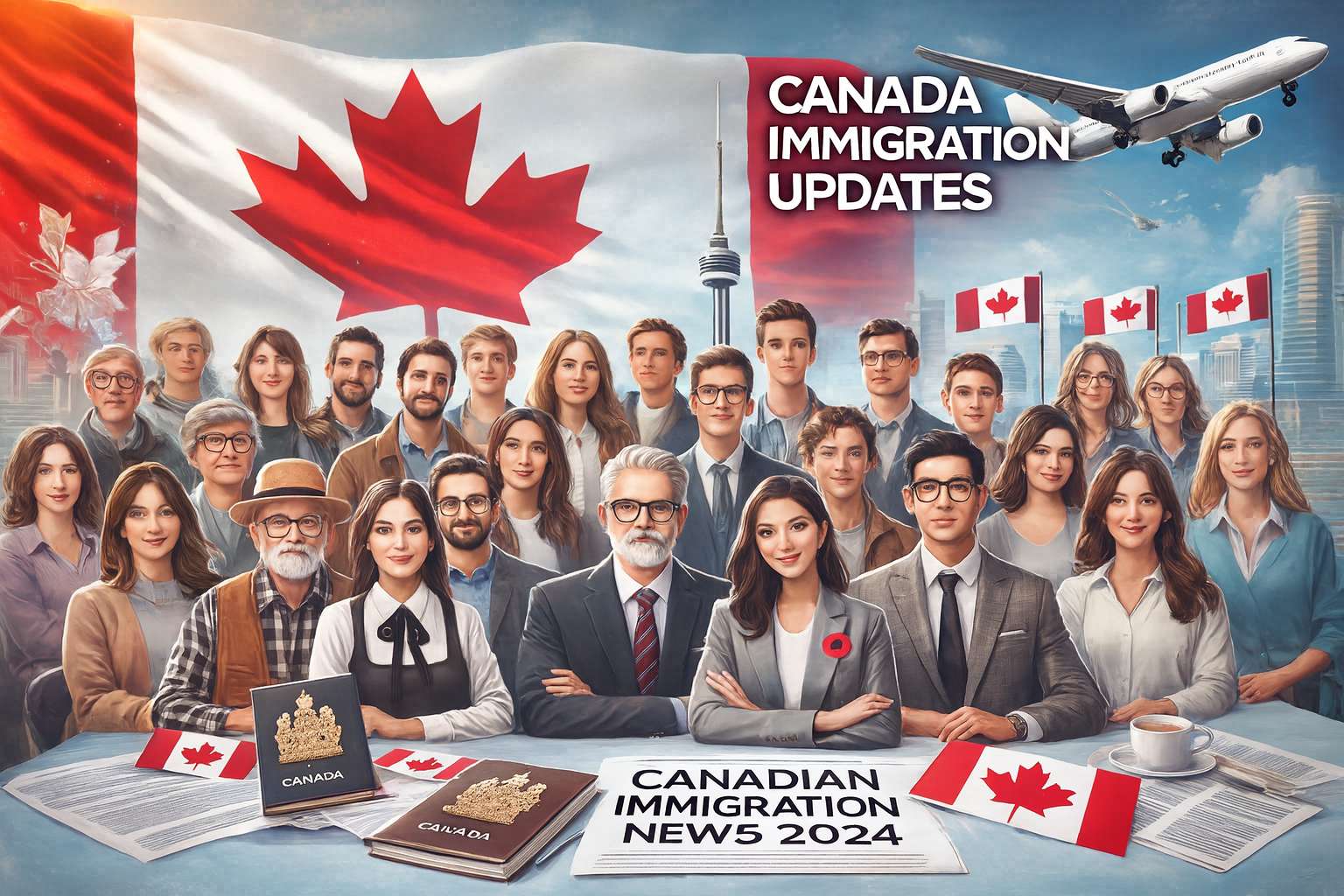Keeping up with recent changes from Immigration, Refugees and Citizenship Canada (IRCC) is essential for understanding Canada’s evolving approach to immigration. Here’s what you need to know about the latest developments, especially as they relate to temporary and permanent residency programs, work permits, and efforts to strengthen the system against fraud.
Adjustments to Temporary Resident Programs
Canada is actively fine-tuning its temporary residency programs to balance growth and sustainability. Aiming to reduce the percentage of temporary residents to 5% of the population by 2026, IRCC has introduced policies to optimize the International Student and Temporary Foreign Worker Programs. This effort includes eligibility changes to tackle fraudulent applications and ensure that genuine applicants benefit. Notably, in 2025, the issuance of study permits will be reduced by 10%, limiting permits to 437,000 and maintaining this cap through 2026.
Managing Permanent Residency Admissions
With demand for Canadian permanent residency at an all-time high, the government has set ambitious yet balanced targets. Canada plans to welcome 500,000 new permanent residents annually through 2025 and 2026, with an emphasis on supporting economic needs and helping newcomers integrate effectively. This plan prioritizes candidates who are already in Canada and refines the criteria for Express Entry and provincial nominations to address labor market demands while enhancing the pathway to citizenship for skilled individuals.
Post-Graduation Work Permit (PGWP) Criteria Changes
To ensure graduates have a pathway aligned with labor market needs, starting November 2024, new language requirements will be in place for Post-Graduation Work Permits (PGWP). Applicants from universities will now need a minimum Canadian Language Benchmark of 7. This requirement aims to help graduates transition to permanent residency and contribute meaningfully to Canada’s economy.
Enhanced Security Measures and Fraud Prevention
Asylum and visa applications have increased, prompting IRCC to reinforce visa requirements and combat fraudulent applications. For instance, Mexico now has partial visa restrictions to control the number of asylum claims. These additional security measures help safeguard Canada’s immigration system, allowing it to support genuine applicants and improve the system’s integrity.
These updates underscore Canada’s commitment to a fair, balanced approach to immigration that reflects economic needs, enhances security, and supports genuine applicants in their journey to becoming Canadian residents.




